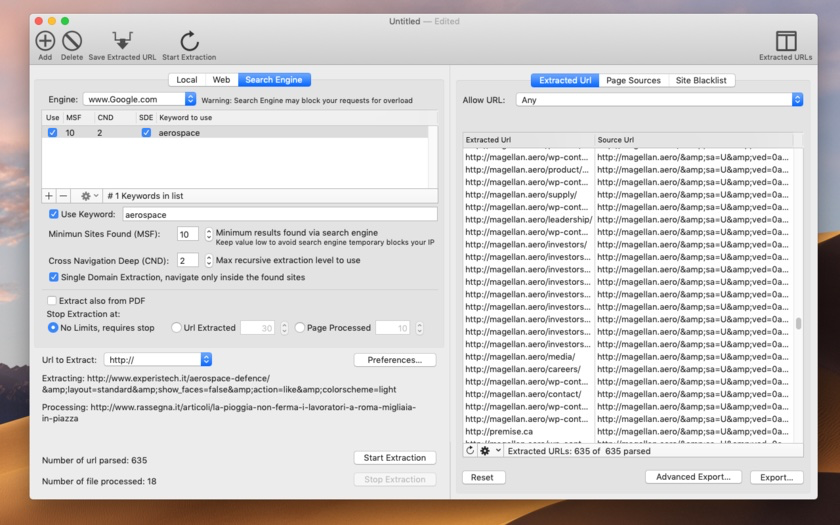

The coup brought Burhan and Daglo to power, and they seized full control in another coup, in 2021, before turning on each three weeks ago. Sudan was ruled for decades by Islamist-backed strongman Omar al-Bashir, who was ousted by the military in 2019 after mass pro-democracy protests. The latest three-day ceasefire - due to expire at midnight (2200 GMT) Sunday - was agreed Thursday after mediation led by the United States, Saudi Arabia, the African Union and the United Nations.Īs the battles have raged regardless, the rival generals have taken aim at each other in the media.īurhan again branded the RSF a militia that aims “to destroy Sudan” while Daglo called the army chief “a traitor”. The warring sides have agreed to multiple truces but none has taken hold, as chaos and lawlessness have gripped Khartoum, a city of five million, and other regions. The UN World Food Programme has warned the violence could plunge millions more into hunger in a country where 15 million people already need aid to stave off famine.

The fighting has affected 12 out of 18 states across Sudan, including the Darfur region, the ministry said. The violence has killed at least 528 people and wounded about 4,600, the health ministry said Saturday, but those figures are likely to be incomplete. “I think it would be a nightmare for the world.” “God forbid if Sudan is to reach a point of civil war proper… Syria, Yemen, Libya will be a small play,” Hamdok told an event in Nairobi. Sudan’s former prime minister Abdalla Hamdok warned that the conflict could deteriorate into one of the world’s worst civil wars if not stopped early. The turmoil could deepen further in the power struggle between army chief Abdel Fattah al-Burhan and Mohamed Hamdan Daglo, who commands the paramilitary Rapid Support Forces (RSF).

Satellite images showed long bus convoys at the Egyptian border, while the UN said tens of thousands had escaped to Chad, South Sudan, Ethiopia and the Central African Republic.Ī Maxar Technologies satellite photograph of scores of evacuee buses at the Argeen Sudan-Egypt border crossing. Millions of Sudanese have endured crippling shortages of water, food and other basic supplies, while tens of thousands have fled to neighbouring countries, with more on their way. “There has been very heavy fighting and loud gunfire every few minutes since the early morning on my street,” one southern Khartoum resident told AFP by phone.Ĭlashes were reported around the army headquarters in central Khartoum, and the army also carried out airstrikes in the capital’s twin city of Omdurman across the Nile River.įoreign nations have scrambled to evacuate thousands of their citizens by air, road and sea since the fighting plunged the poverty-stricken country into deadly turmoil on April 15. Heavy fighting again rocked Sudan’s capital Sunday as tens of thousands have fled the bloody turmoil and a former prime minister warned of the “nightmare” risk of a descent into full-scale civil war.Īrmy forces clashed with paramilitaries in downtown Khartoum as deadly hostilities have entered a third week despite the latest ceasefire, which was formally set to expire at the end of Sunday.


 0 kommentar(er)
0 kommentar(er)
